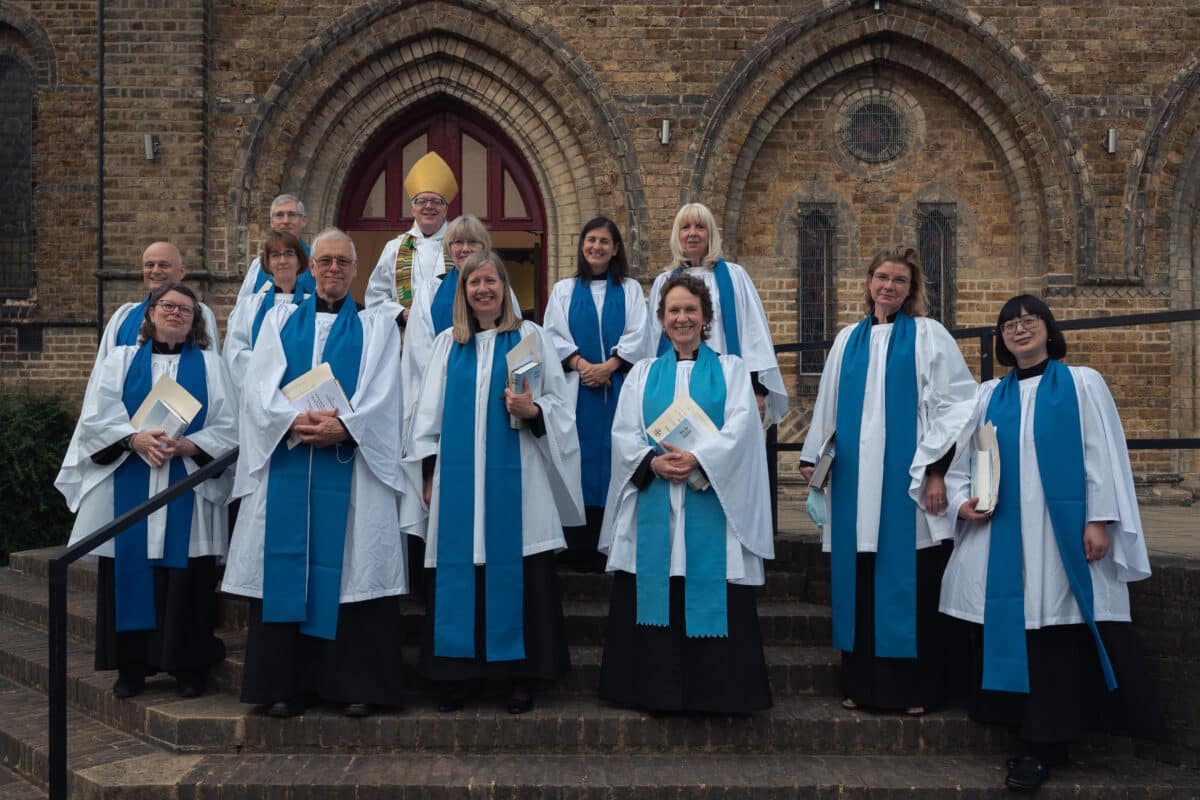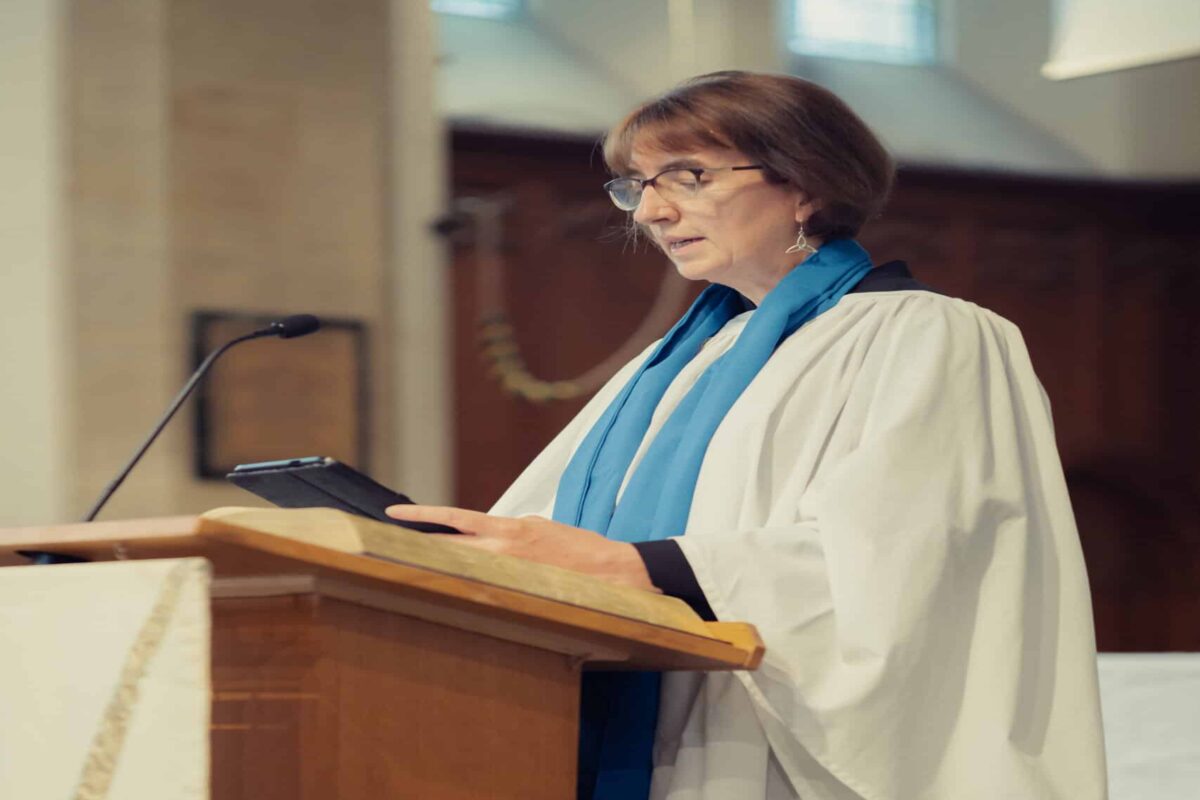What is an LLM?
Licensed Lay Ministers are the equivalent to what was previously known as a Reader. Both carry a Bishop’s License, and are recognised nationally throughout the Church of England as of equal status and training. The term LLM came about in order to broaden out the areas of ministry, beyond the activities typically associated with Readers. LLMs can be involved in many different aspects of the life of the church, including adult education, small group work, mission and evangelism, pastoral ministry, youth and children’s ministry, workplace ministry, chaplaincy, and more.
Stepney
Edmonton
Kensington
Two Cities
Willesden
To have a conversation about Licensed Lay Ministry, please either speak to your vicar or contact the warden for your Area.



